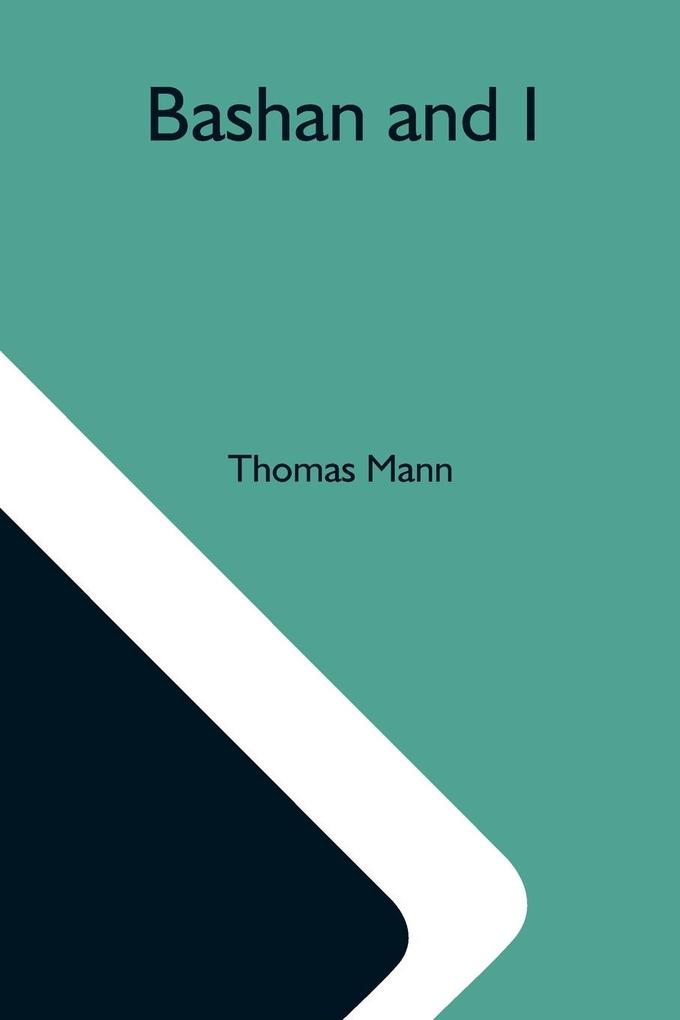
Zustellung: Fr, 27.12. - Do, 02.01.25
Versand in 6 Tagen
VersandkostenfreiBestellen & in Filiale abholen:
Bashan And I , has been considered important throughout the human history, and so that this work is never forgotten we have made efforts in its preservation by republishing this book in a modern format for present and future generations. This whole book has been reformatted, retyped and designed. These books are not made of scanned copies of their original work and hence the text is clear and readable.
Produktdetails
Erscheinungsdatum
20. Mai 2021
Sprache
englisch
Seitenanzahl
80
Autor/Autorin
Thomas Mann
Verlag/Hersteller
Produktart
kartoniert
Gewicht
131 g
Größe (L/B/H)
229/152/5 mm
ISBN
9789354591389
Entdecken Sie mehr
Bewertungen
0 Bewertungen
Es wurden noch keine Bewertungen abgegeben. Schreiben Sie die erste Bewertung zu "Bashan And I" und helfen Sie damit anderen bei der Kaufentscheidung.









